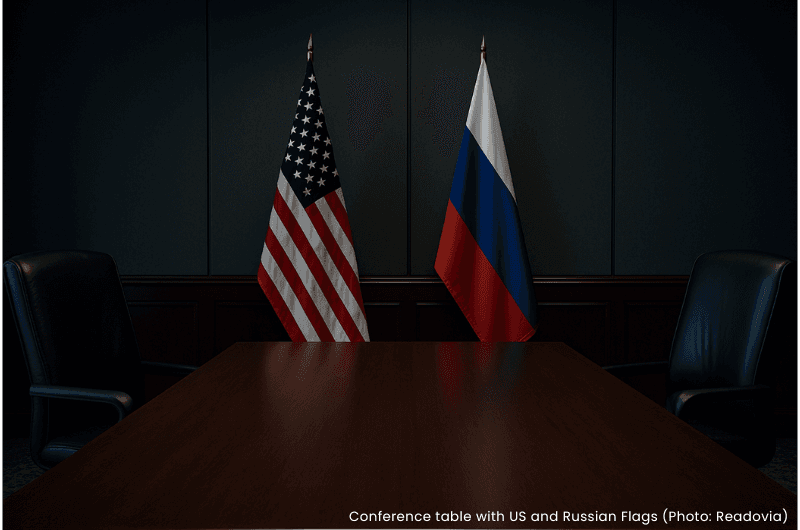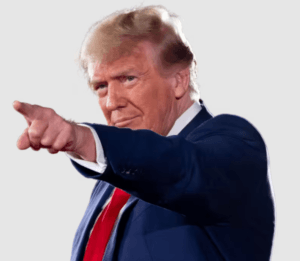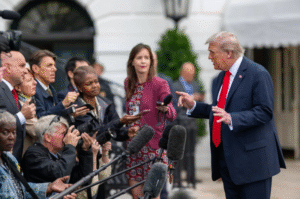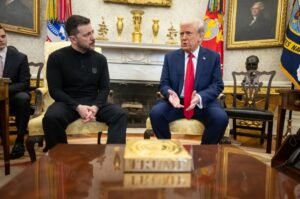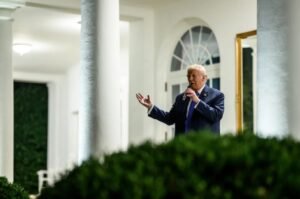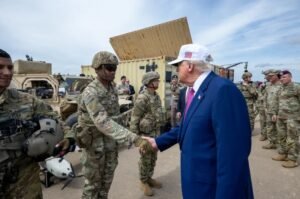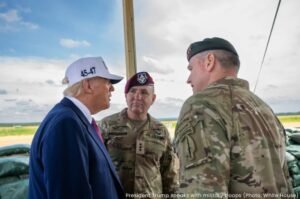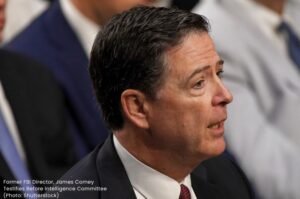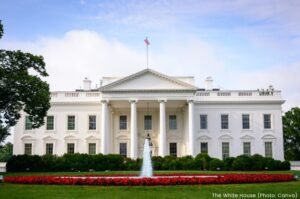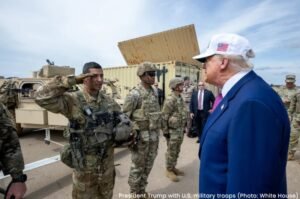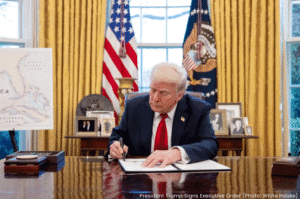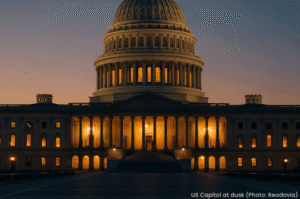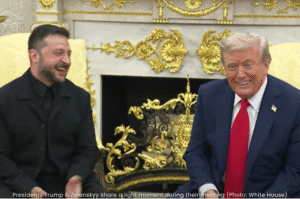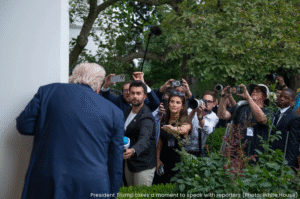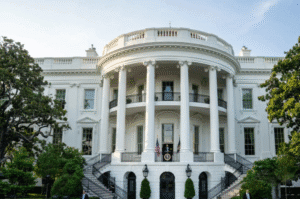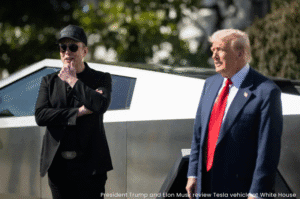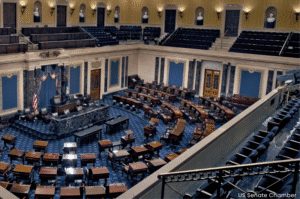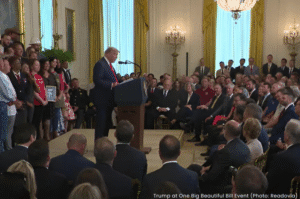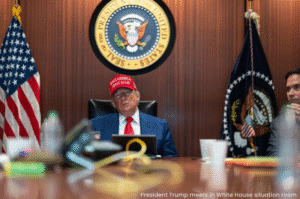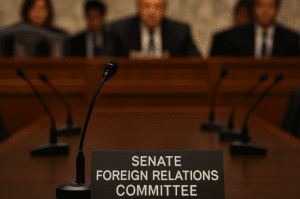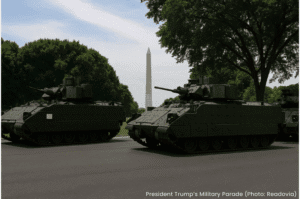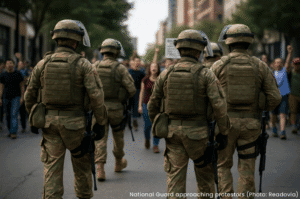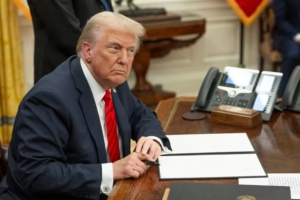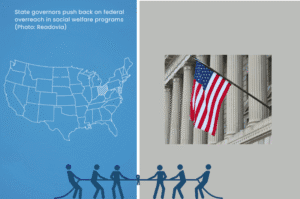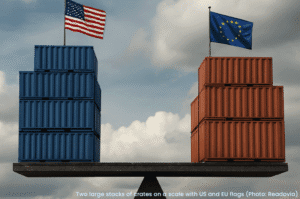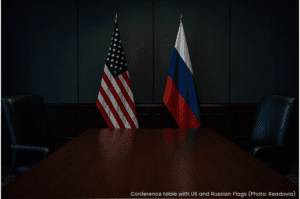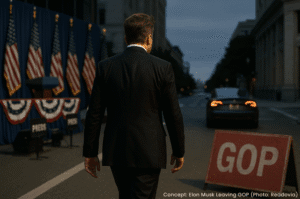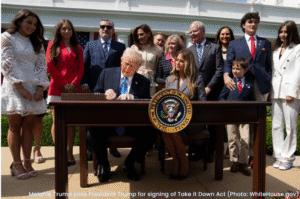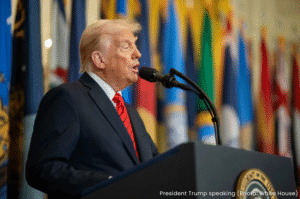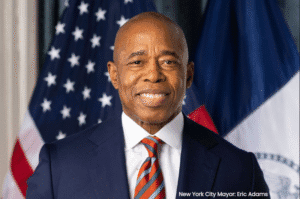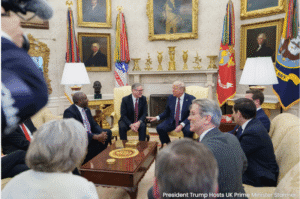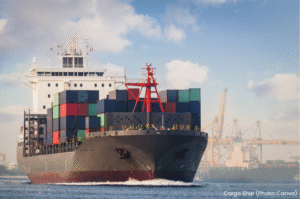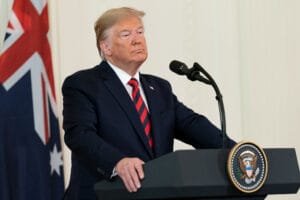New tone, new stakes — and a sharp turn from Trump’s earlier approach.
President Donald Trump is signaling a dramatic shift in his stance toward Moscow, declaring on Monday that he is “strongly considering” a fresh wave of sanctions and tariffs aimed at Russia. The move comes in response to what U.S. officials have called the most intense Russian aerial assault on Ukraine since the war began — a barrage involving over 350 drones and missiles and resulting in at least 13 civilian deaths.
Trump’s announcement caught many off guard, especially given his historically measured rhetoric toward Russian President Vladimir Putin. But the latest surge in violence appears to have forced a policy recalibration — and perhaps, a political one too.
“We’re watching this very closely,” Trump said from the White House, “and we will take action if needed.” He did not provide specifics but hinted at sanctions targeting Russia’s banking sector, energy exports, and possibly even tariffs on countries that continue to purchase Russian oil.
The president’s remarks have drawn rare bipartisan agreement in Washington. Congressional leaders from both parties have expressed support for tougher measures, citing the need to send a clear message to the Kremlin after its latest aggression.
Meanwhile, Russia has dismissed Trump’s comments as “emotional,” with state media framing the sanctions threat as a sign of U.S. weakness rather than resolve. Whether Putin believes that or not remains to be seen — but the geopolitical temperature is rising.
Trump’s pivot could mark a new chapter in U.S.-Russia relations — one where Washington stops asking and starts pressuring. As usual, Trump’s instincts are as much political as they are strategic. But with air raid sirens wailing across Ukraine, the time for optics may be over.
The Author

Ellis Grant
Staff Writer, Readovia


